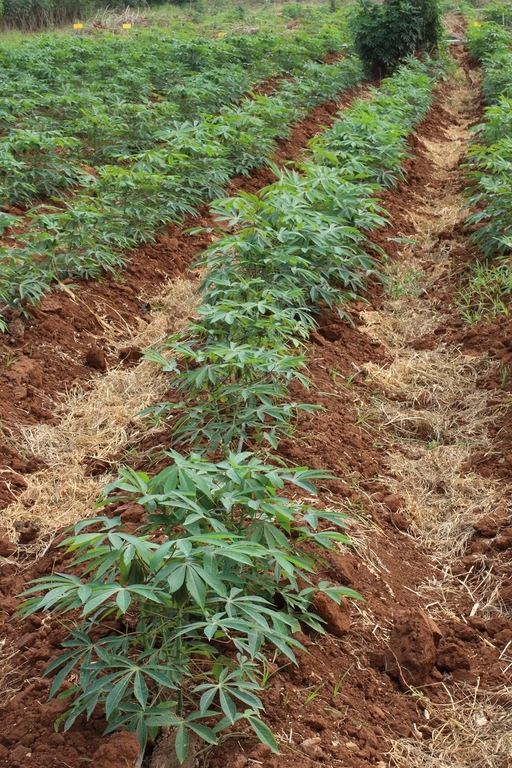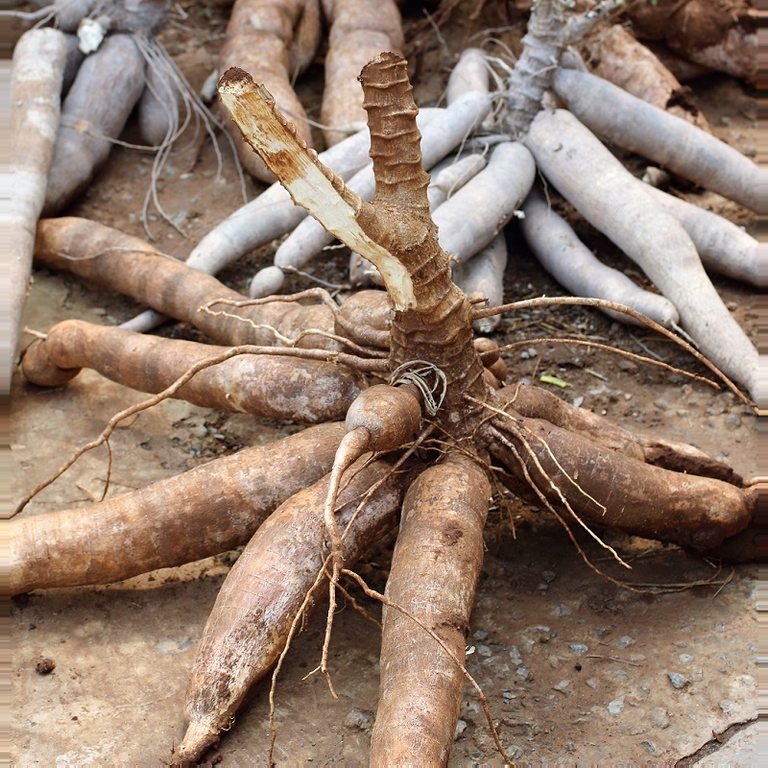CASSAVASTORE
In Thailand, cassava (Manihot esculenta Crantz) is considered one of the most important economic crops with annual production of around 25 million tons. Cassava is grown not only as a subsistence crop by small farmers, but also as an agro-industrial crop with a well-developed industry and market. The starch-rich roots of cassava have been used as a raw material for producing a lot of high value-added products including starch, modified starch, sweeteners and derivatives for food and non-food applications.
Thailand is a net energy importer, cassava has been developed as an energy crop, producing bioethanol as an alternative fuel. To sustain both food and fuel demand, an increase of root productivity by applying good agricultural practices and varietal improvement has been intensively conducted in Thailand. The CASSAVASTORe project aims to increase products derived from cassava starch through a better understanding of storage root development, and subsequently, breed new cassava varieties.
Objectives of the project are
- Phenotyping the variation of storage root initiation and development of 600 cassava accessions
- Understanding of the physiology of storage root initiation to provide new insights into root biology
- Identification of genes involve in storage root initiation and development supporting the breeding process of early tuberization increasing overall yield
- Making results publicly available for utilization for breeding programs of crops with similar storage roots (e.g. sweet potato)
Project coordination
Tobias Wojciechowski, PhD
Forschungszentrum Juelich - Institute for Bio- and Geosciences (Plant Sciences)
Wilhelm-Johnen-Strasse
52428 Juelich
Germany
+ 49 (0)2461 61-96383
t.wojciechowski@fz-juelich.de




